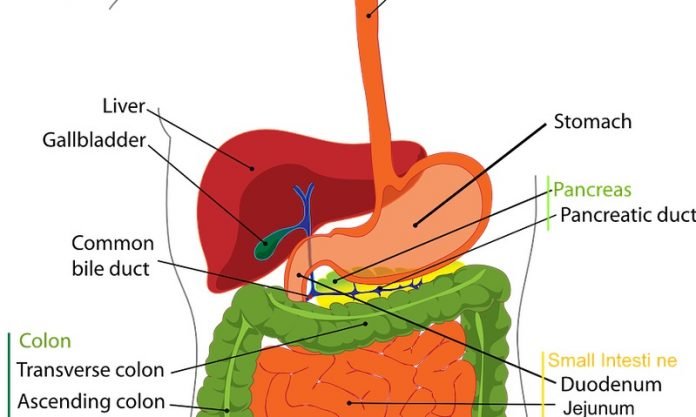
Doctors recommend weight loss to treat nonalcoholic fatty liver disease (NAFLD), either nonalcoholic fatty liver (NAFL) or nonalcoholic steatohepatitis (NASH).
Weight loss can reduce fat, inflammation, and fibrosis—or scarring—in the liver.
If you are overweight or have obesity, losing weight by making healthy food choices, limiting portion sizes, and being physically active can improve NAFLD—either NAFL or NASH.
Losing at least 3% to 5% of your body weight can reduce fat in the liver. You may need to lose up to 7% to 10% of your body weight to reduce liver inflammation and fibrosis.
Physical activity alone, even without weight loss, is also beneficial.
Doctors recommend gradually losing weight to improve NAFLD. Rapid weight loss and malnutrition can make liver disease worse.
If you are overweight or obese, losing weight can improve NAFLD.
Medicines
No medicines have been approved to treat NAFLD—either NAFL or NASH. However, researchers are studying medicines that may improve these conditions.
For safety reasons, talk with your doctor before using dietary supplements, such as vitamins, or any complementary or alternative medicines or medical practices. Some herbal remedies can actually damage your liver.
How do doctors treat the complications of NASH?
If NASH leads to cirrhosis, doctors can treat many complications of cirrhosis with medicines, minor medical procedures, and surgery. People with liver failure or liver cancer may need a liver transplant to restore health.
How can I prevent NAFLD?
You may be able to prevent NAFLD by being physically active regularly, eating a healthy diet, limiting your portion sizes, and maintaining a healthy weight.
Sign up for our newsletter for more information about this topic.
If you care about liver health, please read studies about simple habit that could give you a healthy liver, and common diabetes drug that may reverse liver inflammation.
For more information about health, please see recent studies about simple blood test that could detect your risk of fatty liver disease, and results showing this green diet may strongly lower non-alcoholic fatty liver disease.



